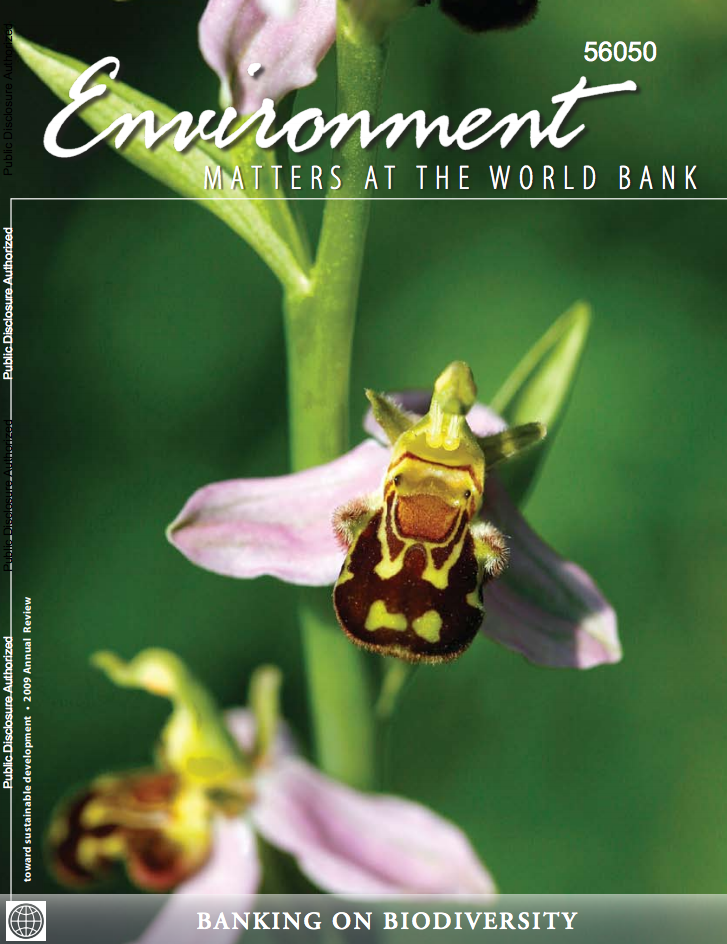Convenient Solutions to an
Inconvenient Truth : Ecosystem-based Approaches to Climate Change
Global warming and changes in climate
have already had observed impacts on natural ecosystems and
species. Natural systems such as wetlands, mangroves, coral
reefs, cloud forests, and Arctic and high-latitude
ecosystems are especially vulnerable to climate-induced
disturbances. However, enhanced protection and management of
biological resources and habitats can mitigate the impacts
and contribute to solutions as nations and communities


